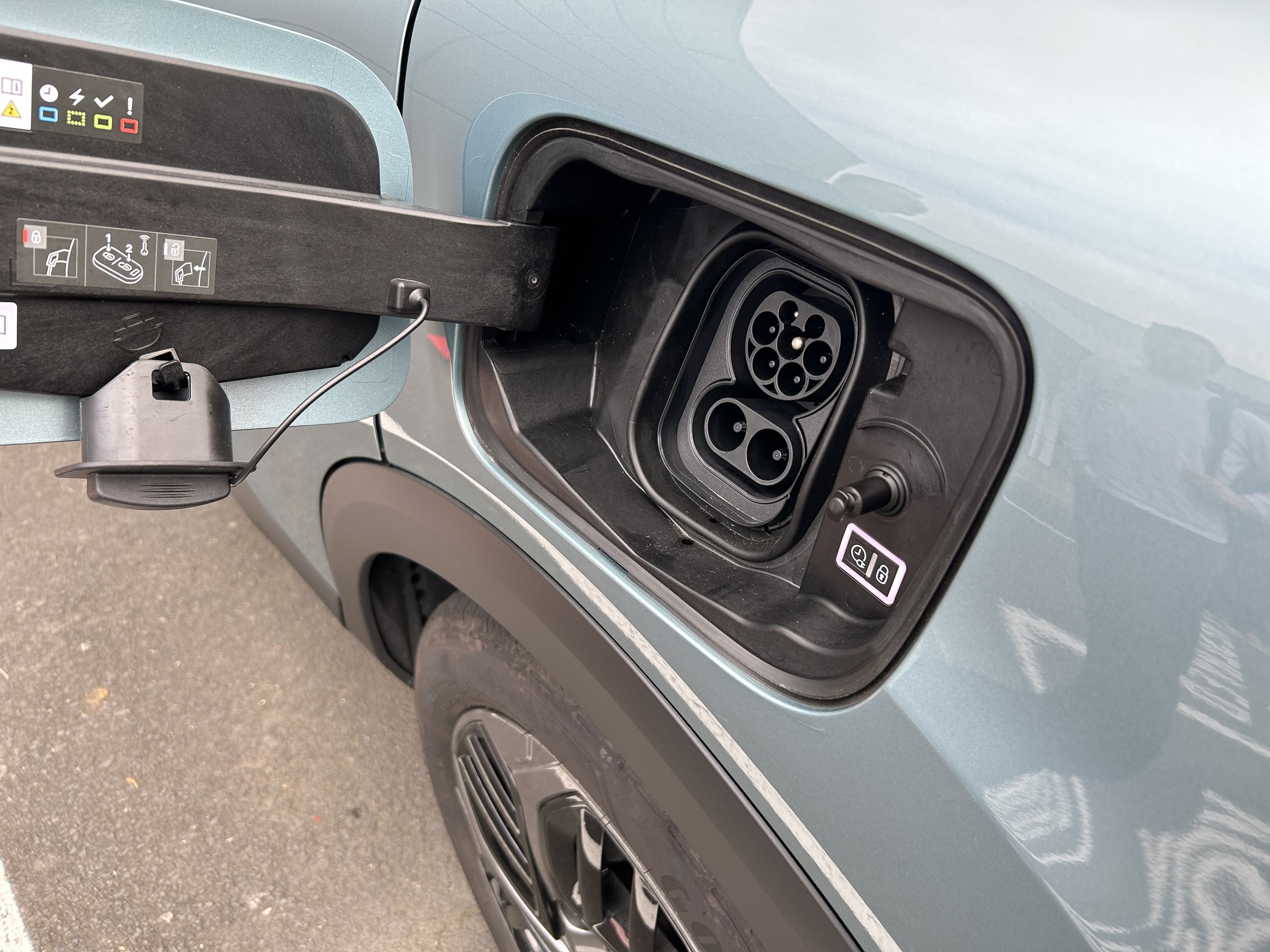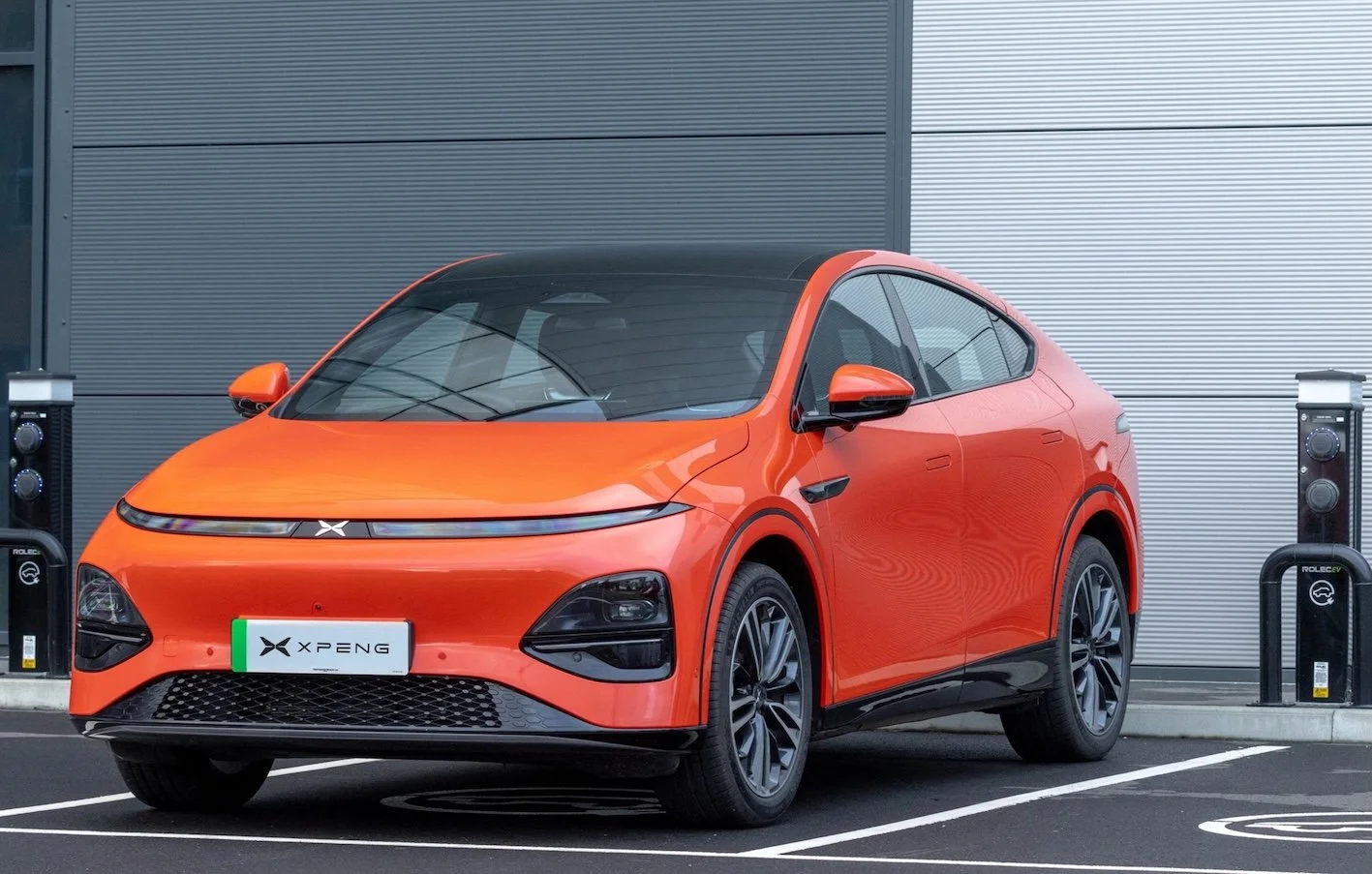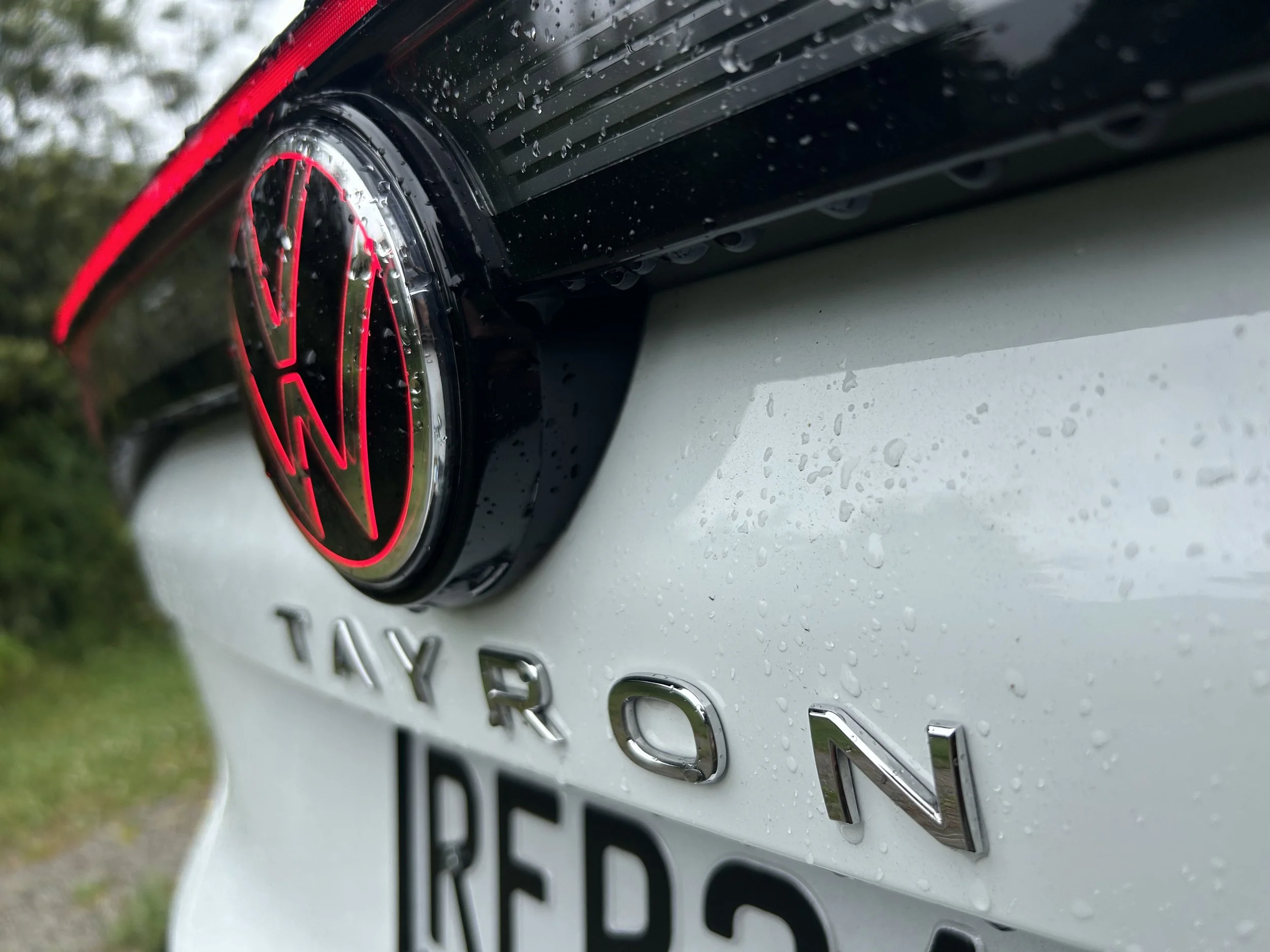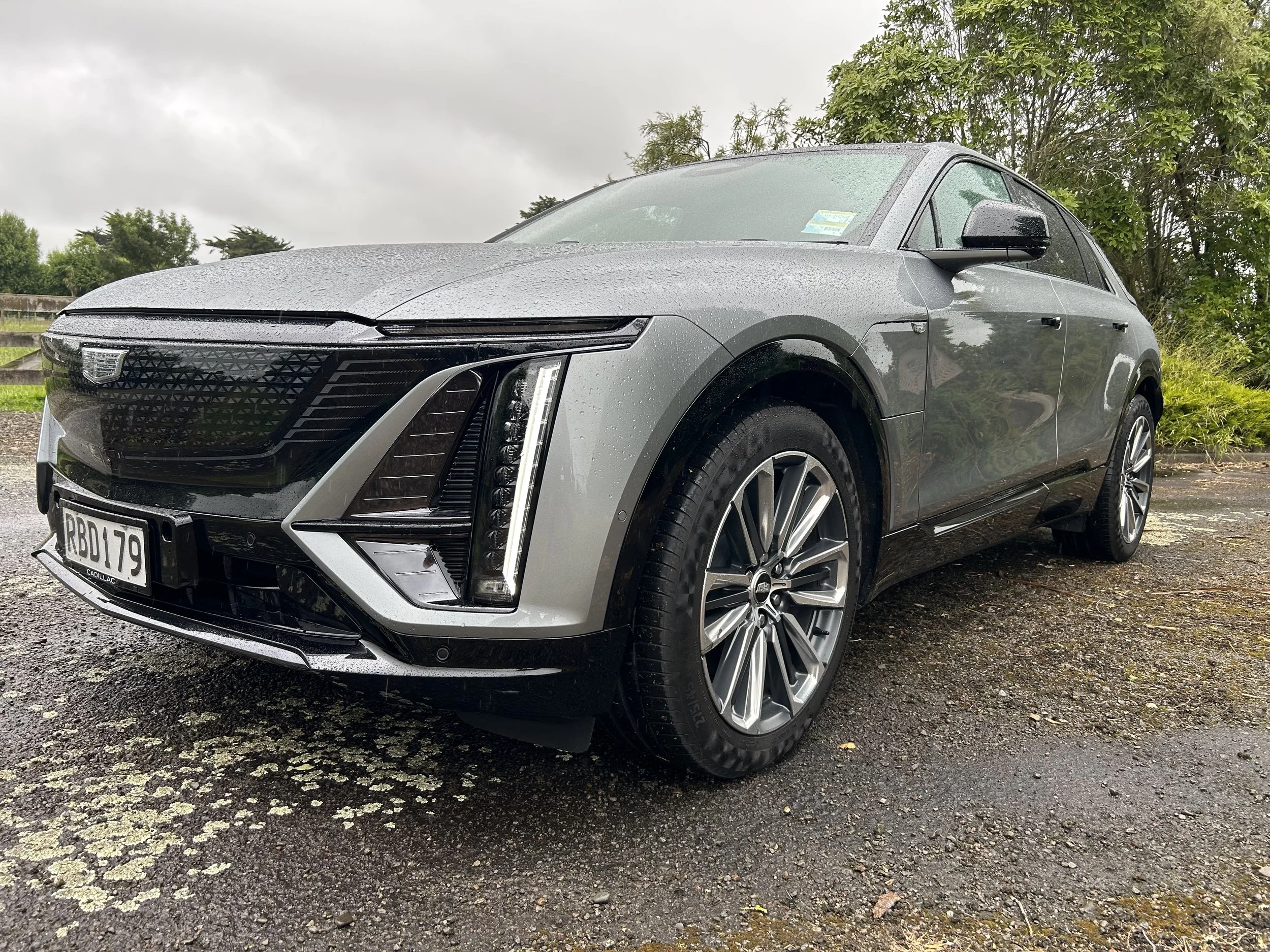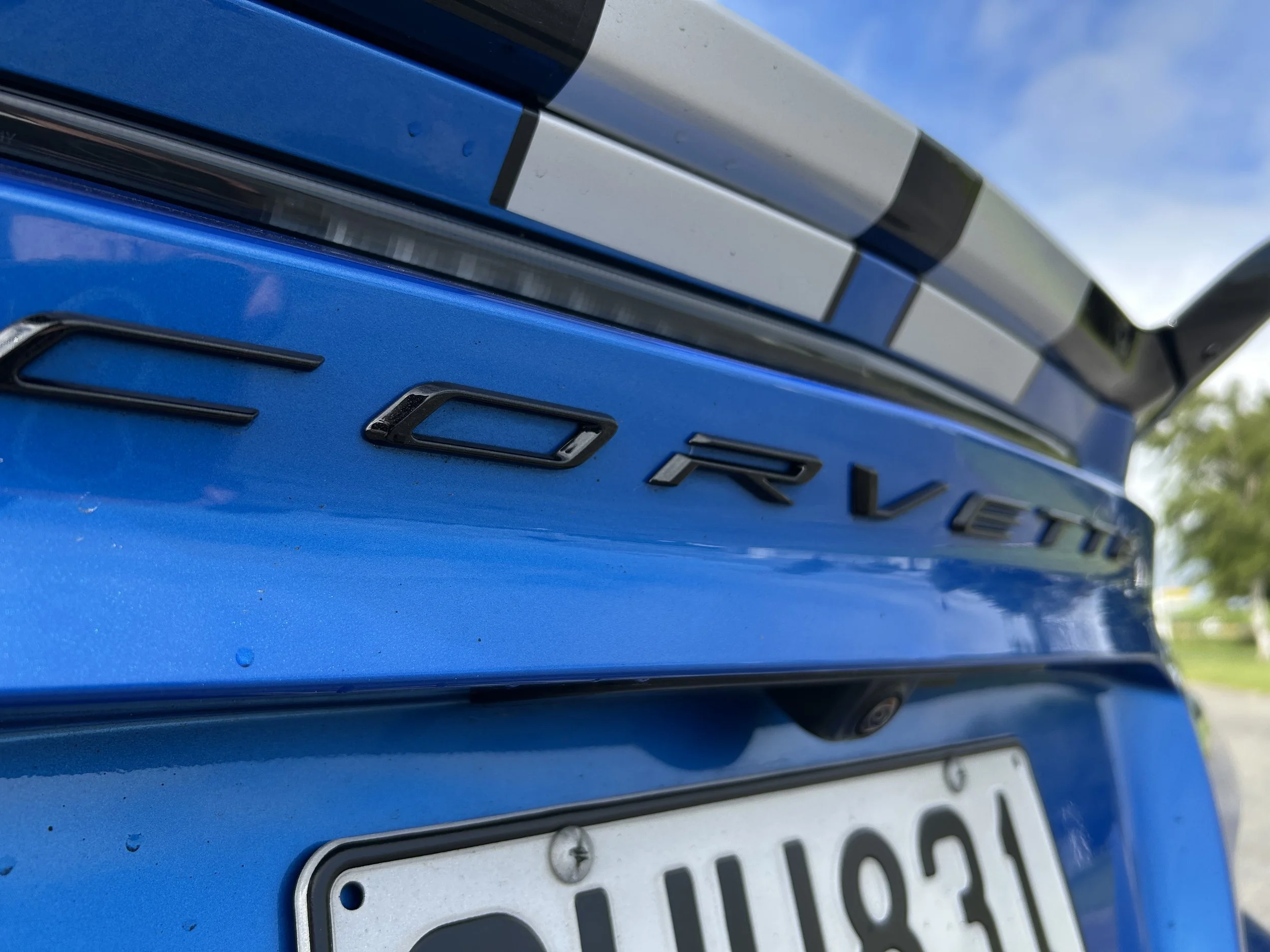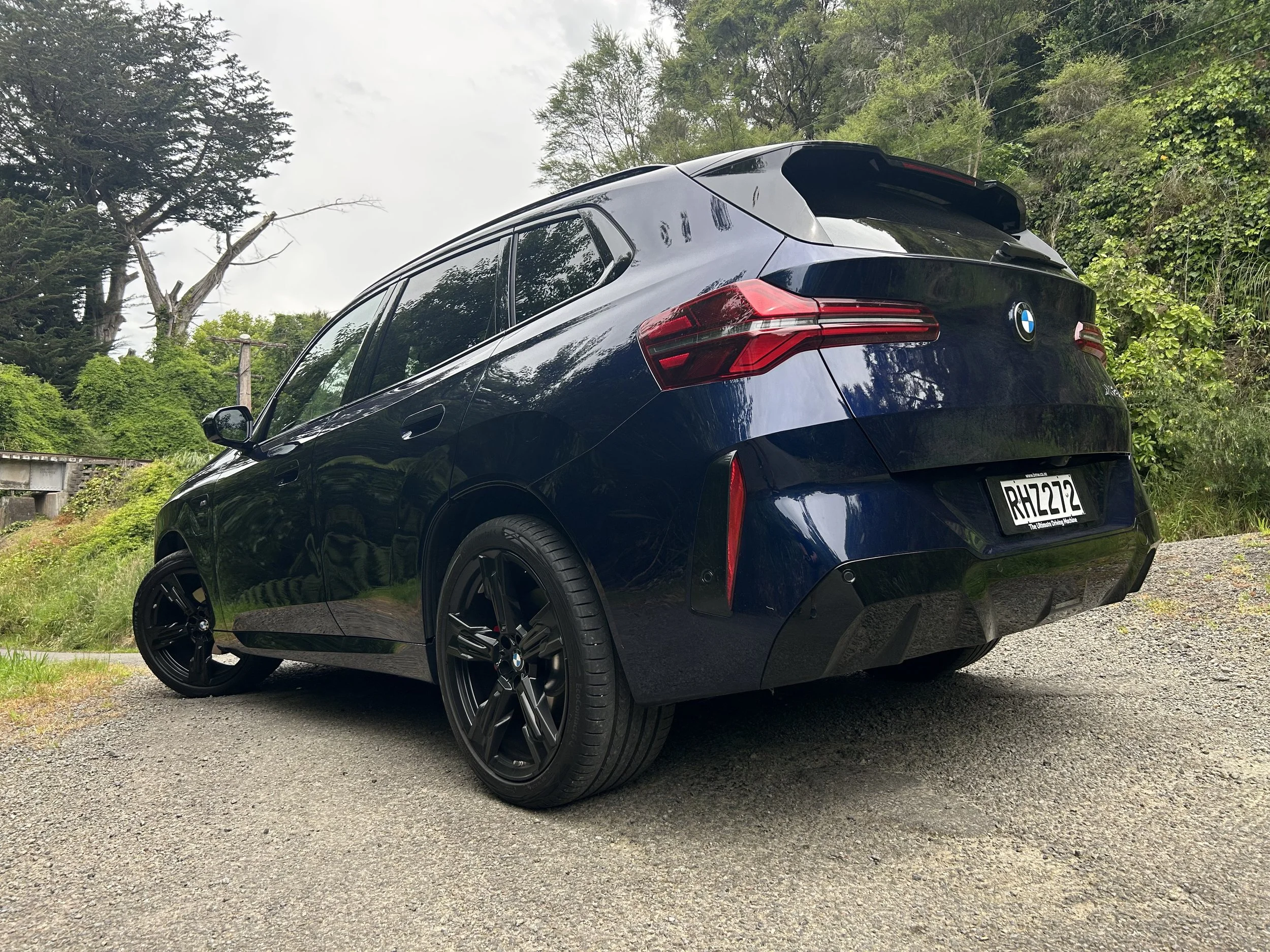Clean Car canning cost too high to consider, group believes
/Pro electric vehicle lobbyist says Government and country better to stay the course rather than abandon policies.
AXING the Clean Car Discount and weakening or abandoning a distributor-level impost could mean at least 100,000 and and as many as 350,000 fewer electric-involved vehicles in circulation here by the end of the decade.
That plus belief that national gross greenhouse emissions will rise massively and that the country will be hit by additional fossil fuel importation costs of between $900 million and $3.5 billion are being claimed by a pro electric car lobby group.
Data has released from Drive Electric, a not-for-profit with a mission to accelerate the uptake of e-mobility in New Zealand.
The research share comes as Government limbers up to axe the Clean Car legislation, installed by the previous Labour Government to primarily incentivise uptake of mains-replenished electric-involved light vehicles - so, plug-in hybrids to full electrics, rather than mild hybrids - and dissuade purchase of high CO2 vehicles.
The new National Party-led coalition has pledged to axe Clean Car by December 31.
This requires Parliamentary process as while the $7015 rebate on buying a new electric costing up to $80,000 can end with little more than a stroke of a pen, ending the penalties demands legislative process, as they are a tax.
Clean Car is among the highest priority matters it wants to consider under urgency; it is possible the changes could be effected before end of this week.
The car industry believes it is also possible the discounts and rebates could yet be wiped before year-end, causing further disruption to a retail network already in massive upheaval due to this saga.
Government has called the penalties a ute tax, because among targets are diesel one-tonne utilities it cites as being favoured by tradesmen and farmers.
Despite it having affected ute buying patterns, the country’s favourite ute, Ford Ranger, has barely lost sales pace during the entire Clean Car period and remains set to continue in 2023 as the top choice new light vehicle, by comfortable margin.
Drive Electric’s argument issued today bases on research it commissioned from Concept Consulting, which promotes itself as a specialist energy and economics consultancy.
Ttwo scenarios were modelled to represent the range of possible impacts.
One was to do as Government has indicated: Remove the Clean Car Discount, which is the system of rebates and penalties a customer pays, and retain the Clean Car Standard, another level of CO2 penalties distributors cop.
The other is to remove the entire Clean Car Programme, including the Standard.
Government has so far indicated the Standard, which impinges CO2 fees on vehicles at point of importation is being left alone.
Under the Standard, which kicked off at the start of 2023 - though industry only began to pay from June, as there were issues setting up a payment structure - fees are designed to increase annually.
Many car importers say they will pass that impact onto customers; so vehicle prices will rise. They have also indicated vehicles priced to achieve the rebate might also reposition when that ends.
Ford NZ this week announced its Mach-E Mustang will decrease in price from January 1, from $5000 to $8000, but other makes have indicated increases are possible.
Drive Electric, meantime, says if Government removes the discount and keeps the Standard, up to 100,000 fewer EVs might be sold between now and 2030. Removing the entire system could mean up to 350,000 sales were lost.
It says its research demonstrates need for EV incentives to maintain if previously predicted rates of EV uptake out to 2030 are to remain valid.
Drive Electric Board chair Kirsten Corson says her organisation believes removing CCD will have costs, both to the economy and to emissions.
“The clear implication is that we need an alternative form of EV incentive.
“A new ICE (internal combustion) vehicle bought today will stay on roads for 20 years consuming costly oil and releasing emissions.
“Cumulatively, this research is telling us this will cost the economy at least $900m and probably more, and make it much harder to hit our 2030 emissions targets.
“Without EV incentives, the carbon price will need to be higher to hit NZ’s emissions targets. This increases costs to households in terms of energy bills, and could result in more sheep and beef farms being converted to forestry to offset those emissions.
“EV incentives are simply an effective and comparatively cost-effective way to reduce emissions from transport. And they won’t be needed forever. As soon as EVs reach upfront price parity, they can be removed.”
Corson says this view is supported by the Climate Change Commission in advice released yesterday.
Drive Electric believes that, rather than simple axe CCD, the Government would be better to look at other options that would create a fiscally neutral EV incentives scheme to encourage Kiwis into EVs.
Those options were: A staged withdrawal of discounts that provides consumers time to adjust; reducing rebates and tightening eligibility; and exempting certain categories of vehicle from fees. That would include utilities, which are almost wholly diesel but are set to uptake hybrid and full electric powertrains, though when that occurs remains open-ended.
Says Corson: “There are other options too, including removing fringe benefit tax and accelerating depreciation for commercial fleets.
“Businesses buy 50-60 percent of new vehicles (and 60 percent of new EVs), and usually only keep them in their fleets for two to five years. This could be a great source of second hand vehicles. This model is being used in Australia, and so far is proving to be successful.
“We know the Government wants to electrify New Zealand, and intends to invest in public charging. This is essential work. However, we’re also going to need to accelerate demand for EVs to take full economic advantage of electrification. We are working with industry right now on solutions to EV incentives and look forward to discussing these with the Government.”
Drive Electric says the reduced rates of EV uptake will increase non-emissions economic costs to the economy (mainly petrol and diesel) by $2.7 billion in present value terms, rising to $3.5 billion if the increased emissions are valued using Treasury’s recommended shadow carbon price.
It also estimates carbon dioxide count hitting 3000 kilotons. Presently it is estimated NZ creates almost 77 million tonnes of CO2 annually.



